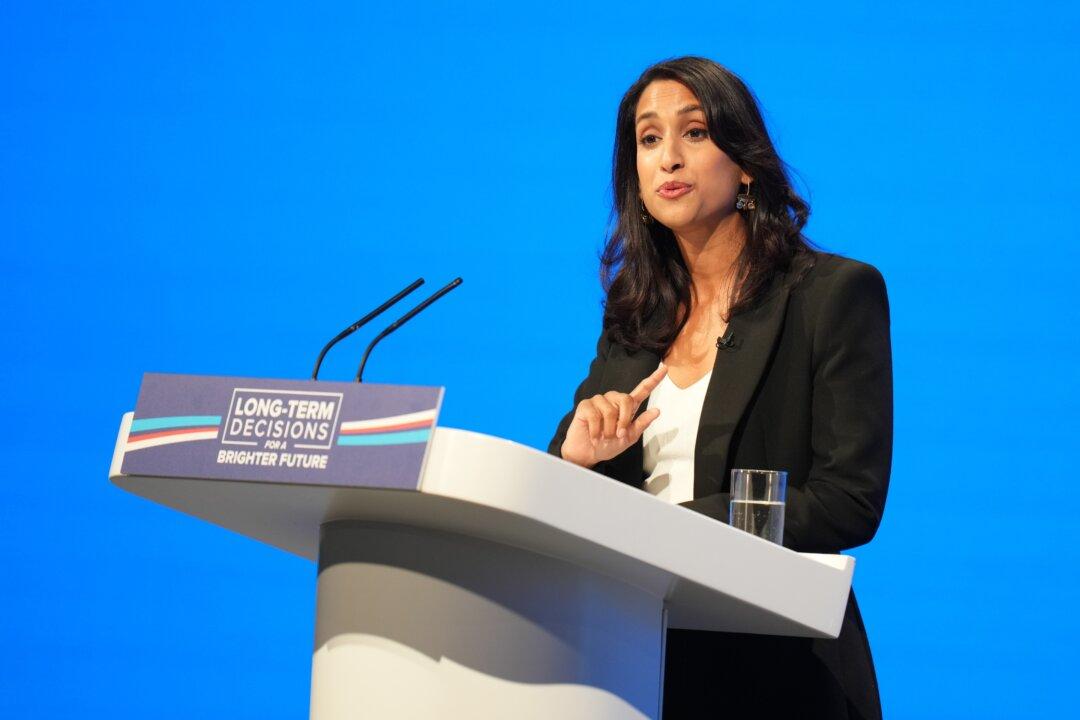The net zero secretary has defended the government’s binning of deadlines for landlords to improve energy efficiency including by installing heat pumps.
Claire Coutinho, the secretary of state for energy security and net zero, said ministers didn’t want to put more pressure on rents after opposition MPs criticised the government for the U-turn, saying it will raise household bills for renters.





